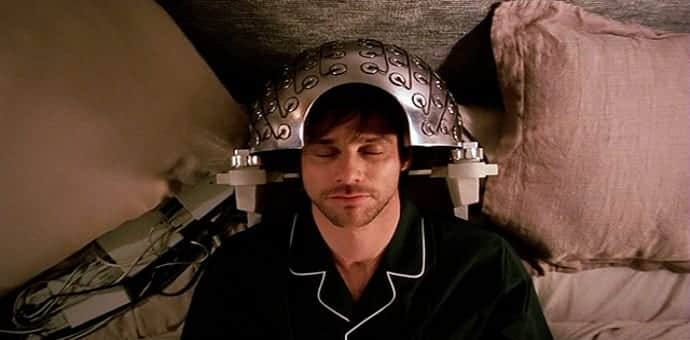Have bad memories of a breakup, soon you would able to delete such kind of ‘unwanted’ memories!
According to a new documentary that premiered in the US last week, researchers have found a way to manipulate memory. This means that the researchers have found a way to delete bad memories from your head – forever and much more.
“Memory Hackers,” from PBS’s NOVA documentary strand explores the latest research in the field of memory, which show how it can be manipulated for the benefit of mankind.
“For much of human history, memory has been seen as a tape recorder that faithfully registers information and replays it intact,” say the film’s makers.
“But now, researchers are discovering that memory is far more malleable, always being written and rewritten, not just by us but by others. We are discovering the precise mechanisms that can explain and even control our memories.”
Jake Hausler from St. Louis is among the documentary’s subjects who can recall just around every single thing he has experienced since the age of 8. At the age of 12, he is the youngest ever person to be diagnosed with Highly Superior Autobiographical Memory, which makes it hard for him to differentiate between insignificant and important events from his past.
The filmmakers also spoke to clinical psychologist Merel Kindt, who has discovered that medication can be used to wipe away the negative links of some memories – through which she has achieved to ‘cure’ patients of arachnophobia.
André Fenton, a famous neuroscientist who is currently working on a technique to delete painful memories, says “Forgetting is probably one of the most important things that brains will do. We understand only the tip of the iceberg when it comes to human memory.”
Among the other interviewees is Julia Shaw, a psychology professor at London South Bank University, who has planned a system for implanting false memories, wherein she has successfully persuaded subjects they have committed crimes that never happened – research that has possible troubling consequences for the criminal justice system.
This research has huge ethical implications. As Shaw explains,
“After three interviews, 70% of participants were classified as having false memories of committing a crime (theft, assault, or assault with a weapon) that led to police contact in early adolescence and volunteered a detailed false account. These reported false memories of crime were similar to false memories of noncriminal events and to true memory accounts, having the same kinds of complex descriptive and multi-sensory components.”
However, Shaw hopes that her research can be utilized to address problems related to false confessions. She believes that some questionable interrogation tactics mirror the way memories were falsely implanted in her study.
Memory Hackers debuted in the US last Wednesday night, and is scheduled to be broadcasted on PBS America in the UK at a future date.

Ehm, where are the sources?
I think that scientists should talk to my ex. She found the way to totally erase me from her memory!:P